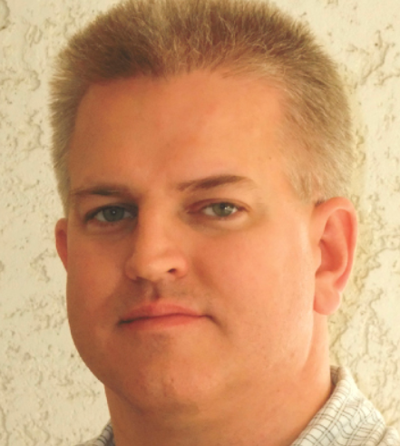FIJI airlines operates one flight out of Honolulu per day, at midnight or whenever they feel like it, and my hotel pushed me out at 11 a.m. Since the ticket counter will not open for another nine hours, I have nested at the local IHOP to eat and people watch. Besides me on my laptop, every customer and half of the staff are on their phones. It is an eerie sight to look across a crowded room and see all faces down like this. The cell phone is a drug, a hypnosis. One Japanese woman in a corner booth has been using her phone as a mirror for the past ten minutes. I assume she has it on selfie camera mode because she keeps pointing it at herself, checking her teeth and styling her hair. So far, it is all she had done with it. Cell phones are the world’s most expensive mirror, bringing out the narcissist in all of us.
I remember what we did before cell phones and I liked it better. People conversed and laughed, they interacted with each other. Now, everyone constantly checks their social media feeds. The parents of a girl no more than three years old have paid the bill and are wanting to go. “Come on,” they tell her. Without looking up from her screen, she says “No, I’m busy.” Just like that. The parents stand by the table and wait for her to finish. I have not gotten my coffee refilled in a while. When I look for my waitress, I see her standing in a corner, texting. She is not even on a break. Phones don’t wait for breaktime any more.
Maybe it is time we stopped calling them phones. Afterall, we rarely call anyone on them. We text, read, access social media and play games. Few people actually make phone calls. When my phone rings, I do what everyone does. I see who is calling and if I don’t know the number or it is someone I am not in the mood to talk to, I let it go.
Being so close to the airport, this International House of Pancakes lives up to its name. Moving clockwise around the room I see three tattoo covered Chamorros, a black American sitting alone, a family of native Hawaiians, a group of Filipinos taking turns telling jokes, some white American tourists, a couple of Japanese women traveling together, and more Pacific islanders of undetermined origin. Those who are talking, that is, those not looking at their phones, are speaking English, the language of the world. Soft power in action. The Chinese may be expanding their influence in the Pacific, but I don’t see a time when Mandarin replaces English as the international language.
I regret that I did not get to Duke’s this trip. Duke’s Restaurant at Waikiki is a must when I come to Hawaii. Excellent food and the best atmosphere keep me coming back. But I am not here for a good time, just passing through. Duke’s can wait for next time, as can Pearl Harbor.
Our objective on this trip is to find the compatriots of those who died that December day in 1941. We are searching for those who surrendered their lives in 1942 and ’43. The Americans, Australians and New Zealanders place a high priority on locating missing servicemen. The Japanese have been far less interested, although that is starting to change. For many years, when we notified the Japanese government that we had located wreckage of one of their planes, the reply was always a polite “Thank you, but not interested.” I understand the sentiment, I suppose. It is much the way the American public treated Vietnam veterans. Shame is attached to the war in which they participated. That, too, has been changing in recent years. I hope the Japanese heart continues to thaw. We know where a great many of their countrymen can be found. It is time to let them come home.
BC Cook, PhD is a historian of the Pacific. He currently resides on the mainland U.S.
















